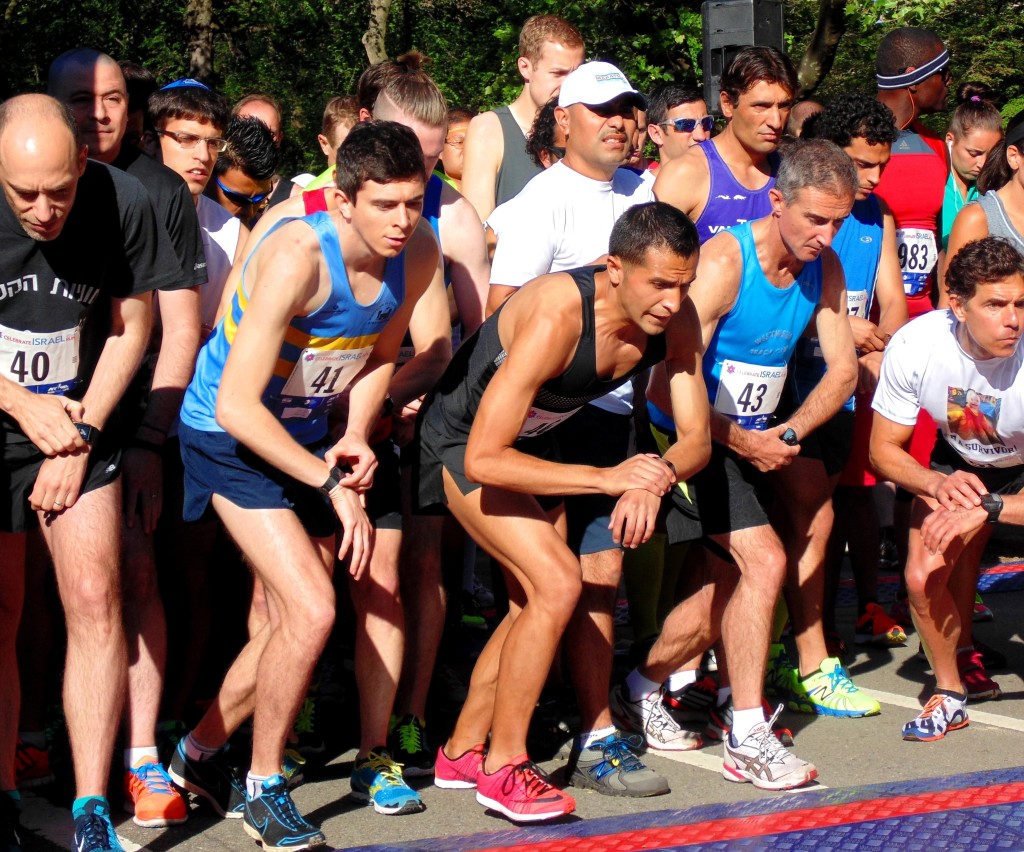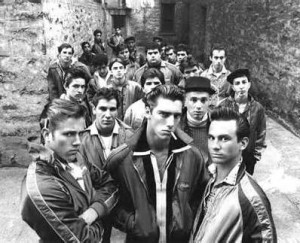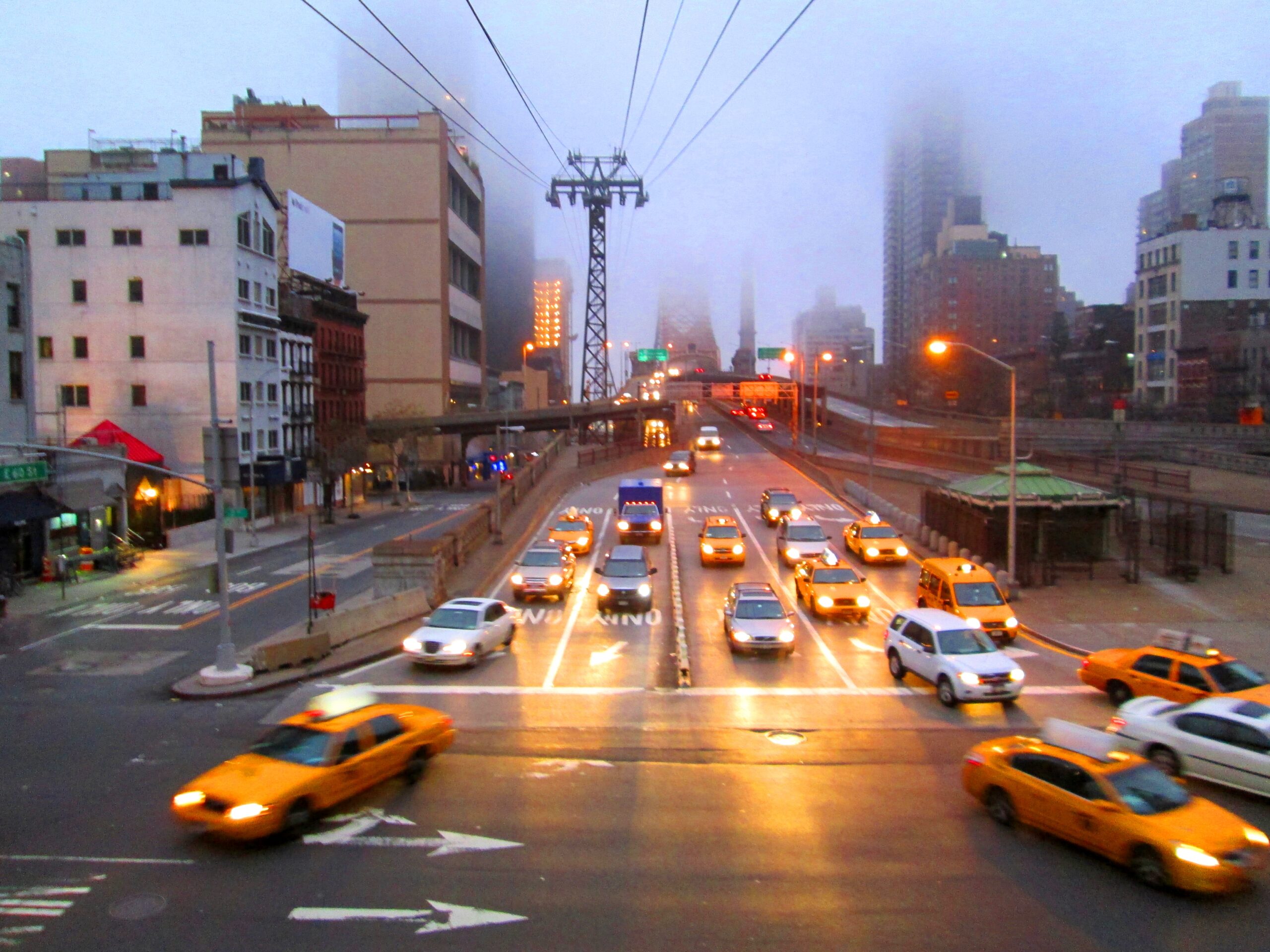The original Oldboy is not an easy movie to take, at least from an American perspective. There is mass cruelty and rape and vulgarity and violence (including not one, but two “tooth torture” sequences that rival anything you might’ve seen in Marathon Man or American History X). This, of course, opened the door for Spike Lee – a director who remains equal parts luminous and maddening – to direct his own English-speaking version of the film (a critical flop, if ever there was one). Chan-wook Park‘s Oldboy succeeds because there is beauty in the butchery, poetry in each passing blow, all of it wrapped inside a treatise about sex and death and the choices people make once they have been locked inside a box. These four quotes encapsulate what Chan-wook Park was after via this movie, and why the joy of watching Oldboy is more about mass metaphor
than malice:
- “The TV is both a clock and a calendar. It’s your school, your home, your church, your friend and your lover.” While that statement might require an update, truer words have not been uttered. We are slaves to mass technology, consumers in the manufactured sense. We believe what we believe because the media – in all its forms – lets us know what’s deemed acceptable. As Don Draper once put it, “You know what happiness is? Happiness is the smell of a new car. It’s freedom from fear. It’s a billboard on the side of the road that screams with reassurance that whatever you’re doing, it’s OK.” That’s what happiness is, despite whatever pipe dream Pharrell Williams might be hawking.
- “Remember this: Be it a rock or a grain of sand, in water they sink as the same.” One might recall a few weeks back when rapper T.I. and Floyd Mayweather came to blows inside a Vegas Fatburger over a personal disagreement involving T.I.’s Tiny (Allow yourself a moment to let that statement settle in). In the aftermath, 50 Cent, who’s maintained a long-standing beef with Mr. Mayweather, took to social media, insisting, “Your upper-cut ain’t gonna mean shit when niggers start shootin’.” Therein lies the wisdom of the boulder and the grain of sand. It’s a reminder that while people may be separated by tax bracket, social status, birth right or physicality, every one of us is still susceptible once the stakes are raised to life and death.
- “They say that people shrivel up because of their imaginations. So don’t imagine anything. You’ll become brave as hell.” There is nothing new about this sentiment, delivered prior to the would-be extraction of Dae-su’s teeth. The idea has been echoed throughout pop culture, from Agent Cooper – in David Lynch’s Twin Peaks – declaring, “All things considered, being shot is not as bad as I always thought it would be, as long as you can keep the fear from your mind,” to Bob Dylan, who once reacted to a death threat – in D.A. Pennebacker’s Don’t Look Back – by saying, “I don’t mind being shot, man. But I don’t dig being told about it.” It is the thought, rather than the injury, that intensifies the pain. This is what lies at the root of all anxiety, the notion constant dread is eons worse than any beating.
- “One word makes you pregnant, another makes you fall in love.” “One pill makes you larger/and one pill makes you small,” quoteth Grace Slick of the Jefferson Airplane. At its core, Oldboy is – at least partially – about the power of suggestion. This quote delivered toward the end of the film crystallizes what that power means in the most uncharitable of terms.
(The original Oldboy is currently streaming via Netflix. Spike Lee’s version will be available June 18th.)





